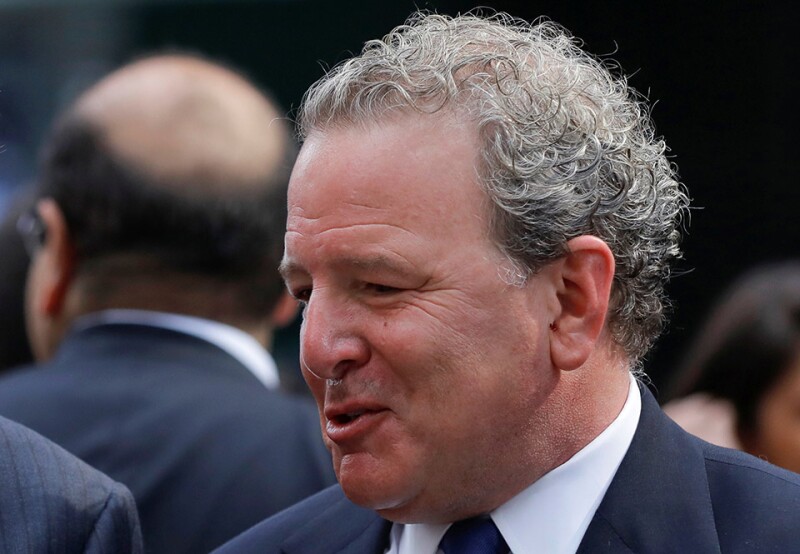
Among the many ramifications of the collapse of Credit Suisse into the arms of UBS, it is all too easy to overlook the potential impact on Michael Klein’s future earnings.
The veteran adviser was willing to go the extra mile to get a deal done when he agreed to sell his investment banking boutique to Credit Suisse in February, as a prelude to running a planned carve-out of CS First Boston as a capital markets and advisory business.
Klein allowed himself to be beaten down to a price of $175 million for the boutique, after reports that he initially asked for hundreds of millions more. He also accepted a cash advisory fee of just $10 million for agreeing on October 27, 2022, to devote significant time and attention to the carve-out before his formal employment.
This represented a great deal for Credit Suisse, a bank which often struggled to extract value from its employees relative to the risks they incurred. Now Klein’s efforts may be in vain if UBS decides against a First Boston spin-off.
Klein isn’t exposed to the takeover by UBS in the same way as members of the Credit Suisse rank and file. The deal to sell his boutique to Credit Suisse included a $100 million convertible note designed to give him shares in CS First Boston at a future IPO of the spin-off.
It now seems likely that Klein’s convertible will take a place alongside Tsarist-era bonds or Lehman Brothers share certificates as a memento of past disaster, rather than a token of much value.
How could Hamers and Kelleher ensure that Klein devotes significant time and attention to a spin-off that might not happen?
But the purchase of Credit Suisse is not expected to close until later this year.
The newly dynamic duo at the top of UBS – chief executive Ralph Hamers and chairman Colm Kelleher – might decide to retain an option on a partial spin-off for Credit Suisse’s investment bank.
And while the Saudis may not solicit fresh share tips from Klein in the near term, after their disastrous Credit Suisse bet, his ability to maintain connections is legendary, and UBS might want fresh capital from the Middle East in the future.
So how could Hamers and Kelleher ensure that Klein devotes significant time and attention to a spin-off that might not happen?
UBS could pay rolling advisory fees of $10 million to maintain Klein’s focus, though that might not be a good look as thousands of CS staff are laid off. A better solution would surely be to look back to the glory days of Credit Suisse.
The bank was a pioneer in creative compensation practices, including paying bonuses linked to its own derivative counterparty exposure.
The Greensill answer
A more recent partnership with Credit Suisse’s former client Greensill Capital may offer an answer.
Greensill developed an innovative twist to factoring by providing financing against invoices for hypothetical services that might be provided in the future. Greensill took this a bit too far before its implosion in 2021, but a safer structure can surely be created for Klein.
He has advised on some of the biggest deals in recent decades, after all, including the merger of Glencore and Xstrata in 2013, when he famously acted for both sides of the deal.
Legacy Credit Suisse structuring experts who are offered a berth at UBS could estimate the value of future deals that Klein might bring in. A Greensill-style invoice for these possible future services can then be created and paid, to ensure his ongoing focus.
A failure to motivate Michael Klein to lend his expertise to the bank merger of the century would be almost negligent on the part of the UBS board.

